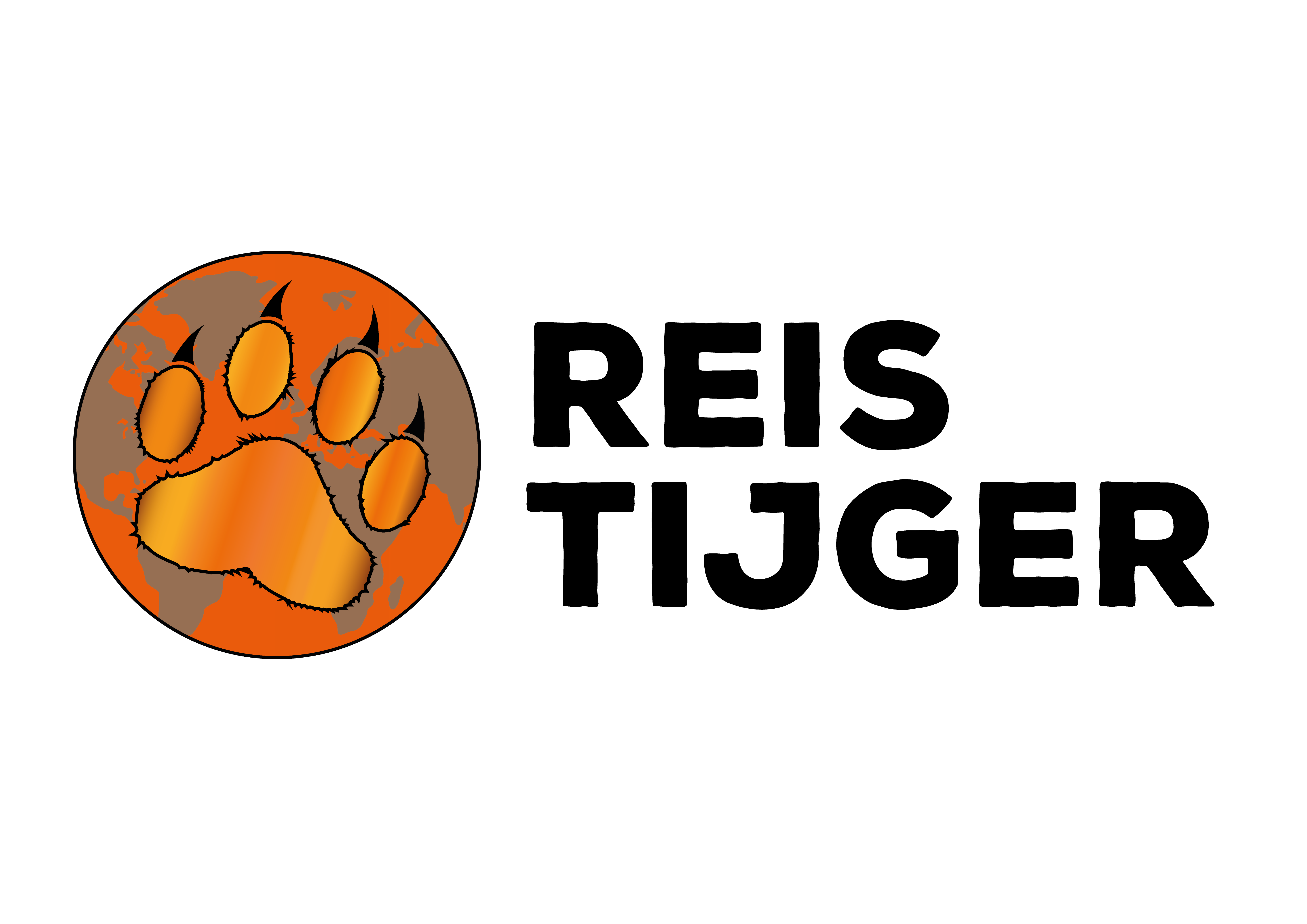Het Turks Museum Nederland, gevestigd in Den Haag, is een uniek cultureel instituut dat de rijke geschiedenis en het erfgoed van de Turkse gemeenschap in Nederland belicht. Het museum, geopend op 8 september 2012, dient als een brug tussen twee culturen en biedt inzicht in de langdurige relatie tussen Nederland en Turkije.
Even tussendoor: Wist je dat Apeldoorn heel wat te bieden heeft? Bekijk hier alle gratis activiteiten in Apeldoorn.
Het Begin: Herdenking van de Eerste Gastarbeiders
De oprichting van het museum in 2007 was het initiatief van Haagse Turken van de tweede generatie, bedoeld om de verhalen en ervaringen van de eerste generatie gastarbeiders – hun ouders – te delen met een breed publiek. Deze stap benadrukt het belang van het kennen van het verleden om een gezamenlijke toekomst goed voor te bereiden.
Historische Context: De Jaren Zestig
In de jaren zestig, te midden van een arbeidstekort in West-Europa, arriveerden de eerste Turkse migranten in Nederland. Deze gemeenschap, die nu ongeveer 400.000 mensen telt, heeft haar rol in de Nederlandse samenleving aanzienlijk zien evolueren, van gastarbeiders tot actieve deelnemers in de politiek, economie en cultuur.
Culturele Samensmelting
Ondanks de aanvankelijke verschillen, is er een gemeenschappelijke cultuur ontstaan die beide bevolkingsgroepen omvat. De interesse in elkaars cultuur en tradities neemt toe, wat leidt tot een wederzijdse culturele beïnvloeding.
Even tussendoor: Als je van cultuur houdt dan mag je dit niet missen.
Bouwen aan de Toekomst
Het museum benadrukt het belang van het vastleggen en toegankelijk maken van de geschiedenis en ervaringen van de eerste generatie Turken in Nederland. Dit wordt gezien als een daad van loyaliteit aan de Nederlandse samenleving en als essentieel voor het ontwikkelen van een gedeelde cultuur.
Doelstellingen van het Turks Museum Nederland
Het museum streeft ernaar om bij te dragen aan de gemeenschappelijke cultuur door middel van het tentoonstellen van documenten, foto’s, en brieven van de eerste immigranten. Deze tentoonstellingen geven inzicht in hun leven, successen, uitdagingen, en dromen. Het museum biedt ook een podium aan jong talent en doet onderzoek naar de Turks-Nederlandse relaties en immigrantengeschiedenis.
Naast de tentoonstellingsruimte beschikt het museum over een zaal voor conferenties, filmvertoningen, bijeenkomsten en een documentatiecentrum met uitgebreide archieven over de Turkse migratiegeschiedenis.
Een Lange Geschiedenis van Betrekkingen
De historische banden tussen Nederland en Turkije gaan terug tot 1612, toen Cornelis Haga als eerste Nederlandse ambassadeur in Istanbul arriveerde. Deze vroege interactie markeert het begin van een langdurige relatie, versterkt door handel, diplomatie en culturele uitwisselingen.
Het Turks Museum Nederland speelt een cruciale rol in het versterken van het begrip en de waardering voor de Turks-Nederlandse geschiedenis en de evolutie van een gezamenlijke cultuur. Het is een plaats waar verleden en heden samenkomen, en waar toekomstige generaties kunnen leren over en bijdragen aan de rijke, gedeelde geschiedenis van deze twee naties.
